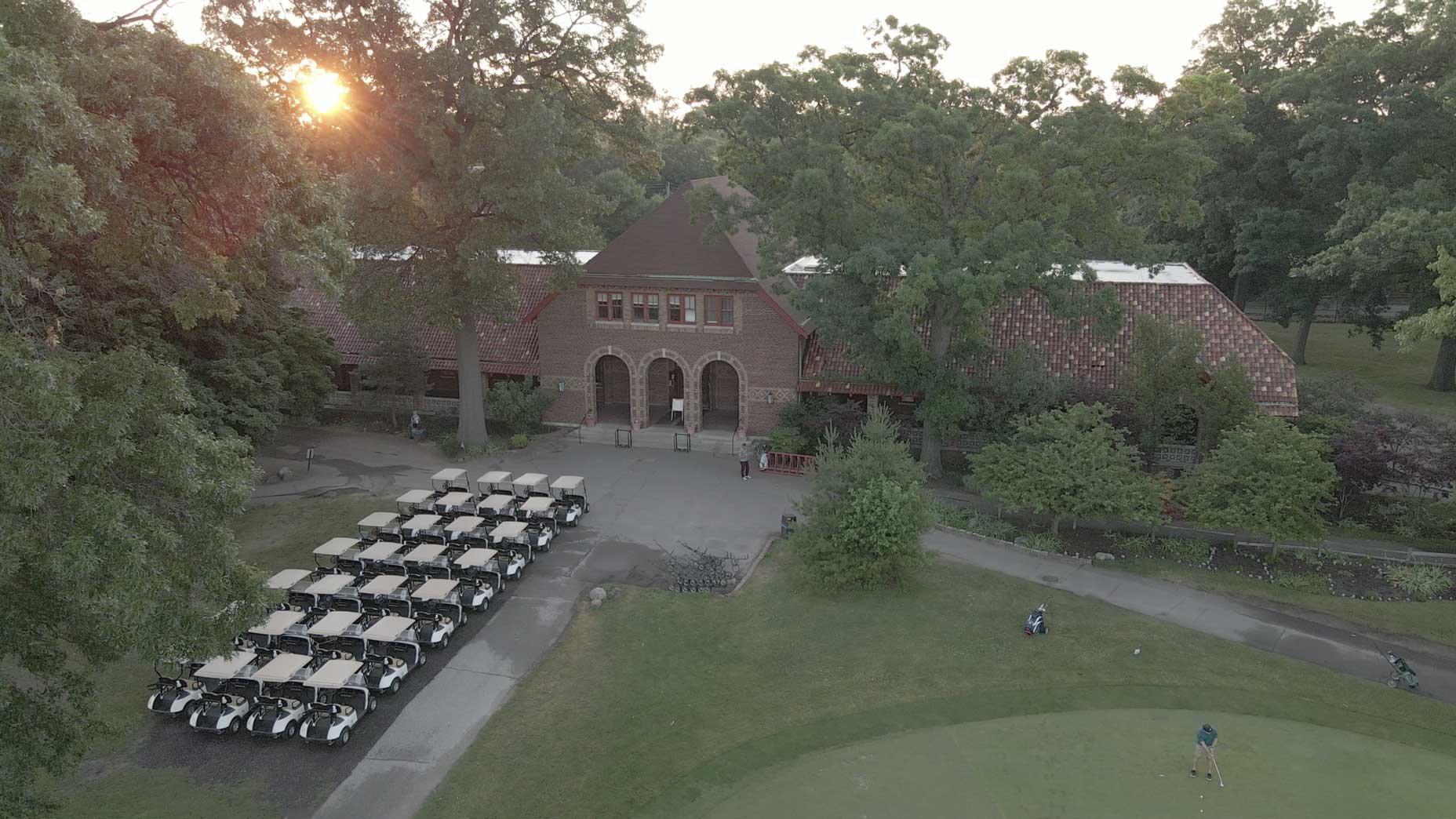Detroit Golf Club, where Bryson DeChambeau won Sunday, is very nice. But just north of it is a golf course in the tiny town of Huntington Woods, where Detroit golf just feels a bit more comfortable: Rackham Golf Course.
Rackham has existed as Detroit’s beloved muni for nearly 100 years since Horace Rackham donated the land in the 1920s — and Donald Ross turned it into a golf course. On Thursday morning, the first tee balls were in play before 6 a.m. It’s beautiful when golf balls beat the sun, on either half of the day. By 8 a.m. the parking lot was nearly full. Such is the case at cherished munis, right?
Not always. Just two years ago, the fate of Rackham and two other Detroit munis were in serious question. As in other cities across the country, Detroit’s city council was unsure about the value and budget affiliated with the golf courses. What is a municipal golf course actually worth to the community?
In this case, the course is worth much more than the ground on which it exists. Because in a sport that has not often lifted up all populations — and particularly minority populations — Rackham is one of the brightest lights in the history of African-American golf.
That piece of Rackham’s story starts with Ben Davis. Davis arrived at Rackham in 1952 and became the first African-American head pro at a municipal course in the country. He had been a Detroit citizen since 1925 and teaching the game since 1936. In Rackham he found a home he simply couldn’t find elsewhere in America, and one he’d keep for more than 50 years. As the first black member of the Michigan PGA, he lived to be 101 years old. These days, the Detroit Open bears his name.
Around the same time Davis arrived at Rackham, a world-famous boxer had become a barrier-breaking golfer. Joe Louis, who grew up in Detroit, caught the golf bug in the 1930s and made Rackham his golfing home. In 1952, he became the first black golfer to play in a PGA-sanctioned event, guilting the PGA into admission to the San Diego Open. (The president at the time, Horton Smith, maintained a “Caucasian-only” clause during his tenure. His name was removed from an award just last week.)
Throughout the 40s, Louis fought for black golfers, hosting the Joe Louis Open at Rackham as an opportunity for the best African-American players to compete. As was well-documented in the book African American Golfers During the Jim Crow Era, Louis wanted an event where black golfers had the same stage as white golfers. It was a genuine novelty at the time.
“I think this tournament will prove conclusively to our white friends that we have some [Walter] Hagens and [Gene] Sarazens in our group,” Louis told the Baltimore Afro-American at the time.
Louis didn’t just compete in the event or use his name to attract others. He often paid the $1,000 entry fee for black golfers who couldn’t afford it on their own.
All of this is engrained in Rackham’s DNA. A small but vital strand in the DNA of American golf.
Decades later, we have Karen Peek. Max Marcovitch profiled Peek’s importance to the public golf community in Detroit last year. She is the director of golf operations at Rackham and two other Detroit munis (Chandler Park and Rouge Park), and has been playing Rackham for more than five decades. Like Davis, she was a trailblazer — the first African-American member of the Michigan LPGA section. Another page in Rackham’s story moving the game forward for all.
Her job goes on in this most confusing year, a spring filled with opening, closing and opening again. But as with most affordable ($31) and playable (no water hazards!) courses during the pandemic, Rackham is packed these days. The pace in the morning is great, but it slows in the afternoon. That happens at courses people love.
This is part of our Muni Monday series, spotlighting stories from the world of city- and county-owned golf courses around the world. Got a muni story that needs telling? Send tips to Dylan Dethier or to munimondays@gmail.com and follow Muni Mondays on Instagram.
